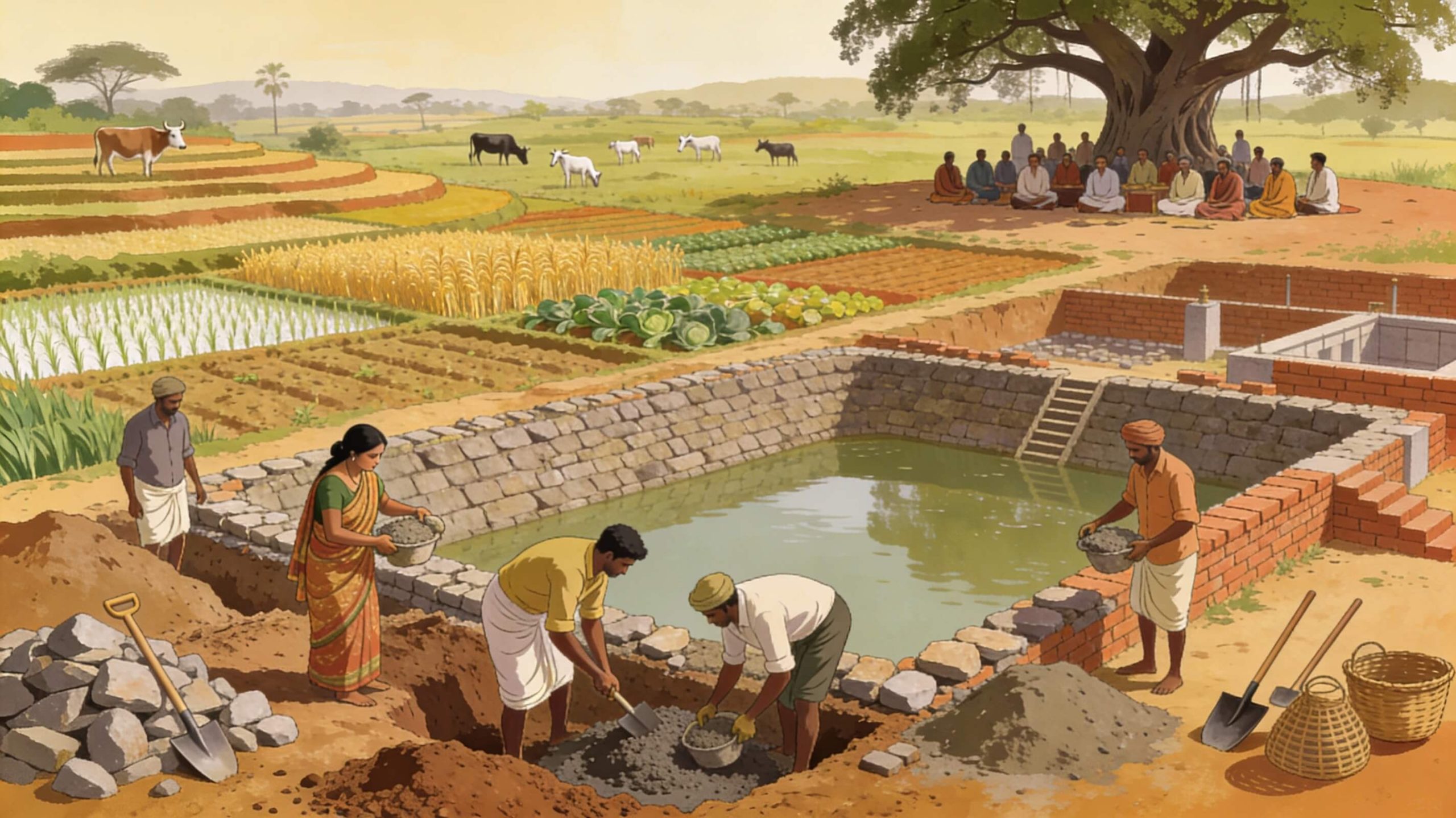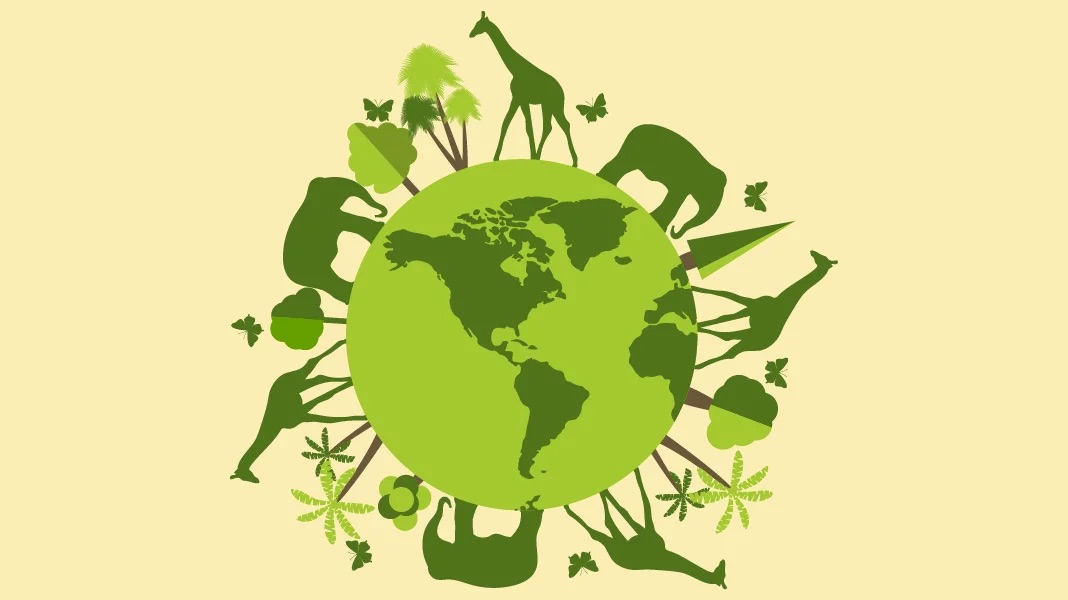Recent surveys reveal a troubling trend in India’s dietary habits. The National Statistics Office (NSO) shared data from 2022-2023 and 2023-2024 that shows an alarming stagnation in nutrition. While calorie intake is stable, the quality of food is lacking. This is a significant issue as many people are consuming enough calories but not enough essential nutrients.
In rural India, average daily calorie intake fell slightly from 2,233 to 2,212 kcal. Urban areas saw a minor decline from 2,250 to 2,240 kcal. Protein and fat consumption did not improve much either. This stagnation raises concerns about the overall health of the population.
The Indian diet heavily relies on cereals, especially rice and wheat. This overdependence means many are missing out on vital micronutrients. This can lead to problems like anemia and stunting, especially in children.
Interestingly, the poorest households in rural areas did see a small increase in calorie intake, from 1,607 kcal to 1,688 kcal. However, the wealthiest urban households consume nearly double that amount at 3,092 kcal. This gap highlights the inequality in nutrition access across different income levels.
Despite many government initiatives aimed at improving nutrition, such as the POSHAN Abhiyaan and the Mid-Day Meal Scheme, progress is slow. These programs have not made a significant impact on dietary quality. Policymakers need to rethink their approach to nutrition. Simply focusing on calorie intake is not enough.
Barriers to improving dietary diversity include high costs of protein-rich foods, cultural preferences, and lack of awareness. As India’s economy grows, it is vital to ensure that this growth leads to better diets for all.
The survey also noted significant regional differences in dietary intake. States like Bihar and Jharkhand face more severe malnutrition issues than others. Without detailed state-level data, targeted interventions will be challenging.
In summary, India is facing a quiet dietary crisis despite economic growth. To secure a healthier future, there must be a shift from just food security to nutrition security. This requires urgent action from policymakers and society to ensure everyone has access to nutritious food.




